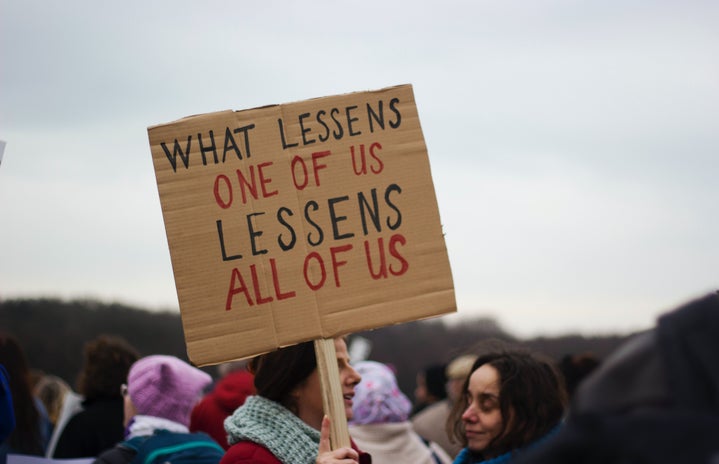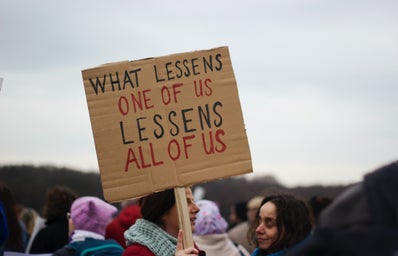Understanding Privilege in Apathy
In an era where global and local events unfold rapidly, often with significant implications for communities and individuals alike, the declaration of disinterest in politics reflects a considerable privilege. Ignoring the political discourse is essentially standing on the sidelines of history in the making, unaffected by decisions that shape the lives of millions. While seemingly a sanctuary from political debates, this position of indifference is a luxury afforded to those protected by layers of privilege from the immediate fallout of political actions.
So, while it’s tempting to switch off and say, “I don’t care about politics!” We really should stop to consider the luxury of apathy in this case.
Imagine living in a world where the decisions made in the halls of power don’t affect your day-to-day life. It sounds pretty nice – after all, what do you have to worry about? Here’s the catch: for many, political decisions dictate everything from the food they eat to the opportunities available. If you can afford to ignore politics, you’re likely insulated from its most immediate and harsh consequences.
Palestine and Israel
Consider the Israel-Palestine conflict, where politics irreversibly shape lives and futures; here, apathy is a luxury that those on the ground cannot afford. For those directly impacted, the political landscape is a matter of life and death, influencing everything from their lives to their ability to access necessities like food, water, and electricity.
When we say we’re “not interested” in politics, this is more a distance from the existential threats; this distance is itself a form of privilege. Engaging with this issue, even just by trying to understand it, acknowledges the humanity of those living the reality of the conflict and challenges the idea that we can afford to look away from injustices that don’t directly affect us.
The Consequences of Ignoring Politics
Political apathy carries heavier consequences than simply skipping out on a collective decision-making process. It’s a retreat that leaves the vulnerable at the mercy of decisions made without their input, often to their detriment. The stakes are incredibly high. Inaction and disinterest contribute to a status quo that often marginalizes the already disadvantaged, amplifying inequality and eroding the foundation of democratic societies.
When we ignore politics, it’s not just about losing a voice in the democratic chorus. It’s about conceding control to those with agendas that may not consider the collective good, leading to policies that can exacerbate social divides, hinder progress on critical issues like climate change, and erode civil liberties.
The Importance of Political Engagement
Engaging with politics is about more than just casting a voice; it’s acknowledging that our lives are connected with the rest of society, influenced by decisions made within political arenas. Engagement signifies a commitment to bettering our circumstances and advocating for a just and equitable world for all. It’s about using our power–however small it may seem–to effect change, challenge injustices, and contribute to the direction of our communities and countries.
Political engagement is a catalyst for progress. It’s the mechanism through which we hold power to account, advocate for the underserved, and shape policies that reflect our values and aspirations for society. Without active participation, democracy weakens, inequality grows, and the path toward a sustainable and fair future becomes harder to tread.
Overcoming Apathy: A Simple Guide
- Educate yourself: Begin with one issue that resonates with you. Understanding it deeply can transform apathy into action.
- Connect and Collaborate: Find online and offline communities that align with your values. Collective action amplifies individual voices.
- Participate Actively: Beyond voting, engage in dialogues, support advocacy groups, and if possible, volunteer. Every small action contributes to a larger change.
Final Notes
Not caring about politics isn’t simply a personal choice; it’s a reflection of privilege that overlooks the profound impacts of political decisions on the lives of many. By engaging, we acknowledge our interconnectedness and embrace our role in shaping a more equitable, just, and compassionate world. Let’s shed the luxury of apathy, step into the arena of engagement, and together, create a path towards a future that honours the dignity and rights of every individual.


